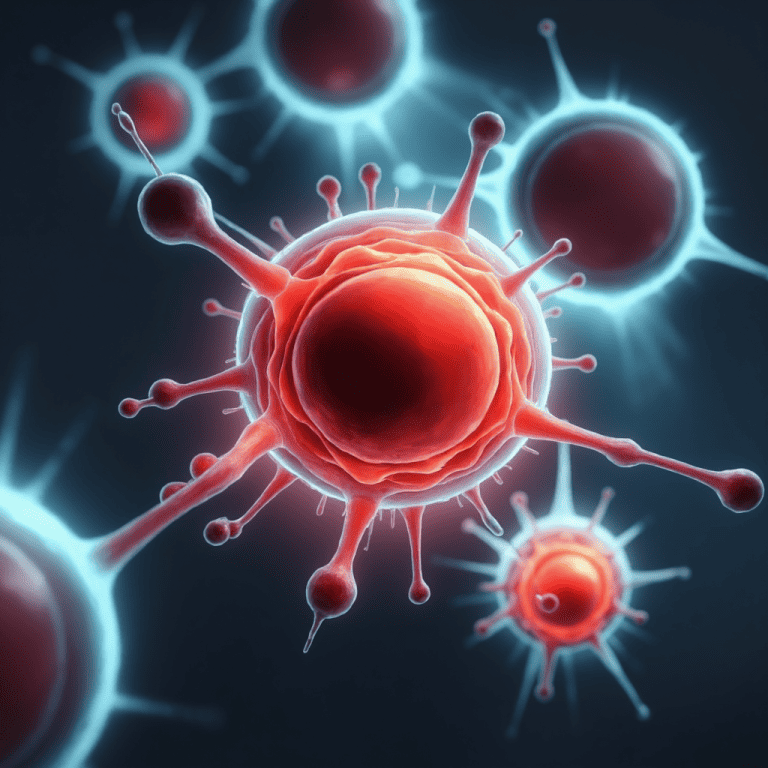Welcome to the Blood Composition quiz! Do you know what makes up your blood? In this quiz, we will be exploring the different components that make up this vital fluid in your body.
From red blood cells to white blood cells, platelets, and plasma, there is a lot to learn about what keeps you healthy and functioning.
Get ready to test your knowledge on the makeup of blood and how each component plays a crucial role in keeping your body running smoothly. Whether you’re a science whiz or just curious about how your body works, this quiz is a fun way to learn more about the amazing composition of blood.
So, are you ready to dive in and discover the fascinating world inside your veins? Let’s get started!
Play Blood Composition Quiz
Instructions
- This quiz is multiple choice.
- Read each question carefully before selecting an answer.
- Choose the best answer for each question.
- You will see the missed questions with correct answers at the end of the quiz.
Quick Facts
- The liquid part of blood is made up of mostly water, along with proteins, electrolytes, and hormones.
- Red blood cells, also known as erythrocytes, are responsible for carrying oxygen from the lungs to the rest of the body.
- White blood cells, or leukocytes, help the body fight off infections and foreign invaders.
- Platelets are small cell fragments that help the blood clot and stop bleeding when you get a cut or injury.
- Plasma is the yellowish liquid part of blood that carries nutrients, hormones, and waste products throughout the body.
- Hemoglobin is a protein found in red blood cells that binds to oxygen and gives blood its red color.
- Blood also contains antibodies, which are proteins that help the immune system recognize and fight off harmful bacteria and viruses.
- The composition of blood can vary depending on factors like hydration levels, diet, and overall health.
- Blood tests can be done to measure levels of different components in the blood, such as cholesterol, glucose, and iron.
- Maintaining a healthy blood composition is essential for overall health and well-being, as imbalances can lead to various health problems.
Downloads
Study Tips
- Create a study schedule and stick to it.
- Find a quiet and comfortable study environment.
- Remove distractions such as phones and social media.
- Take breaks every 25-30 minutes to avoid burnout.
- Use active studying techniques like summarizing, highlighting, and teaching concepts to someone else.
- Practice retrieval by testing yourself with flashcards or practice quizzes.
- Stay organized with notes, study guides, and resources.
- Stay hydrated and eat brain-boosting foods like fruits, nuts, and whole grains.
- Get enough sleep to improve memory retention and cognitive function.
- Reward yourself for reaching study goals to stay motivated.
